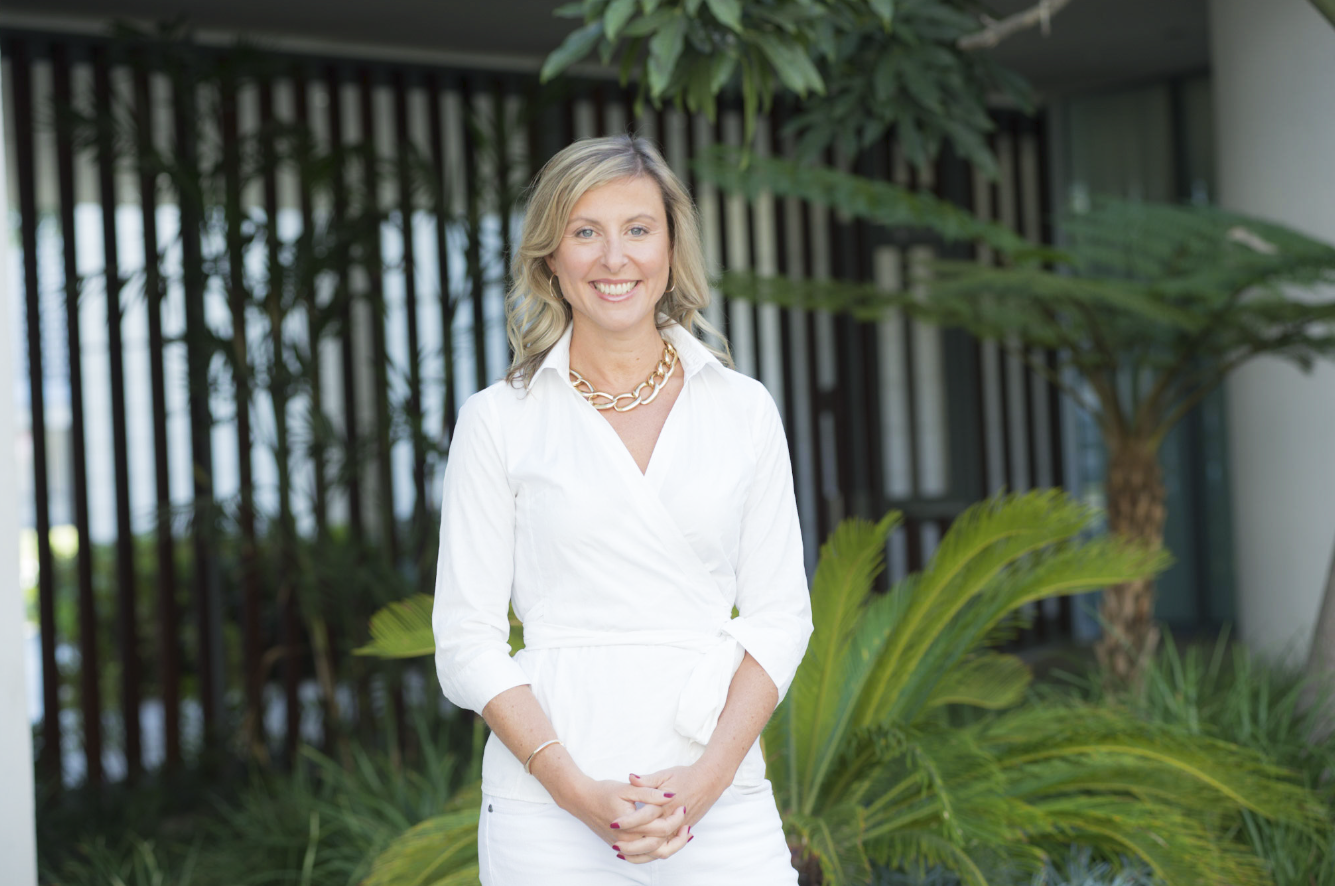Dr. Wendy Troxel is a Senior Behavioral and Social Scientist at the RAND Corporation and author of “Sharing the Covers: Every Couple’s Guide to Better Sleep”. She is a licensed clinical psychologist and holds adjunct faculty positions at the University of Pittsburgh and the University of Utah. Dr. Troxel’s research focuses on the relationship between sleep, our environment and health and the implications for public policy. Wendy is passionate about helping people get the sleep they need to live their life to its fullest.
1. We intuitively know that sleep is important to us because we feel the ill effects when we don’t get a good night’s rest. But what exactly is the function of sleep?
That question has really puzzled and intrigued scientists for time immemorial. My simplest answer is that the primary functions of sleep are recovery, rejuvenation and regeneration. The answer I just gave is an accurate one, but it’s fairly constrained because asking the question, “what is the function of sleep?” is akin to asking the question, “what is the function of being awake?” You couldn’t distil two-thirds of our lives into a single sentence. Sleep occupies one-third of our lives, if we’re fortunate enough to get the sleep we need. During that critical period, which we know is absolutely essential for survival, so many things happen that go well beyond simply recovery, rejuvenation, and regeneration.
Some of the big processes are that our cells regenerate and our brains clear toxins that build up during the day. Sleep is also vitally important for growth and recovery. It’s associated with our ability to regulate our emotions, our appetite and even our sex drive. So from that list, you can see that sleep affects literally every aspect of our physiology and functioning.
2. And why can’t we carry out these processes during the day? Why is it that we need to be sleeping to bring these important physiological changes in our body?
There’s often this misconception that when we sleep, it’s this dead space, that it’s total quiescence of the brain. And that’s actually not what’s happening at all. In fact, during sleep, certain parts of the brain turn on at a greater amplitude than during wakefulness. So it’s the yin and yang of the brain, and we have evolved to operate this way where certain parts of the brain which need to be online and functioning at their highest capacity, get down-regulated during sleep. Whereas other parts of the brain get tuned up.
There’s new research looking at how sleep clears out toxins from the brain which are associated with the development of Alzheimer’s disease, and that this function is specifically elevated during sleep. I think that’s a good example of this yin and yang between what happens during the daytime must be supported by what happens at night. If you remove the recovery period, your daytime functioning performance will be sub-optimal, and will eventually suffer.
3. What is the optimum number of hours of sleep that we should be getting each night?
The general recommendation for most adults is somewhere between seven to nine hours of sleep on average each night. That means consistent sleep each night i.e. you can’t be sacrificing sleep during the week and then try to catch up on the weekends to make the number work. At younger ages, as you go down the age spectrum, you need more sleep. That’s a testament, once again, to the vital role that sleep plays in growth and development at the times when our brains are developing the fastest. That’s when we need to sleep the most.
4. If sleep varies depending on the stage of life we’re in and by individual, how can we know how much sleep we need?
There is a bell curve of the distribution of sleep and the recommendations I cited are based on scientific consensus and research showing that excessively short sleep or excessively long sleep are associated with health consequences. That said, there are individual differences. The way to judge if you are getting enough sleep is to ask yourself; “Do I wake up and feel rested and refreshed?” I do recommend that people avoid focusing too much on some magic number that they’re pursuing. When you do this you might sacrifice the quality of your sleep, and quality really matters. I think it’s important to find your own set point.
If you are, however, one of the people saying, I get by just fine on five hours. Statistically speaking, that’s highly unlikely, because natural short sleepers only account for about 2% of the population. So my guess is that most of the people who are walking around saying “I function just fine on four hours of sleep” are walking around not aware of the level of impairment that they’re experiencing. We know this to be true because studies have shown that the more sleep impaired you become, the less aware you are of your own level of impairment. It’s like the drunk guy walking around the bar saying “give me my keys, I’m perfectly fine to drive” where his friends are saying “absolutely not”. So most of us, generally speaking, need to fall somewhere in that seven to nine hours.
5. It’s a bit of a paradox, because it’s usually in times when we’re busiest, that we’re sleeping less, and that’s the time we need to sleep the most. We have a feeling of guilt associated with sleeping too much. Do you have any suggestions on how to counter this feeling?
The first piece that’s really important is to dispel this idea that we need to work more to be more productive. My colleagues and I at RAND published a report on the economic implications of sleep loss. We studied five of the world’s largest economies, including the US, UK, Japan, Canada, and Germany. We found that sleep loss costs the US economy $411 billion per year. That’s largely due to the impact of sleep loss on productivity and mortality. People who get insufficient sleep, unfortunately, die earlier and have higher rates of various diseases. Sleep loss also impacts us during our younger years in our ability to learn and graduation rates.
It’s functioning at a smaller scale even within your own workplace when you think that you are working harder to be more productive. Studies show that when you’re sleep-deprived, you’re not as good a thinker, you’re less able to think creatively and your problem-solving skills suffer. You’re more likely to get sick, or you’re more likely to show up at work but not function very well (presenteeism).
I recognise that we’re all facing the crunch of time, between our work lives and our home lives. There’s so little time for ourselves. Sleep often gets the short shrift. Sleep becomes the thing that we do when everything else is done, instead of the thing to prioritise as one of the true pillars that allow us to function in these demanding roles.
6. Do you have any advice for people who are struggling to sleep? Are there any techniques you have found to be particularly helpful for helping us build good habits and sleep hygiene?
Number one, maintain a consistent wake time and bedtime. The time you wake up is the single most important cue for setting our internal biological clocks, which in turn is critical for setting us up for sleep success at night. The second tip is to keep technology out of the bedroom. Have a central place in your home where the entire family disconnects and recharges their phone. Ideally, do it about an hour before bedtime. If you’re struggling to do that try 15-minute increments. Small steps make a big difference.
Another tip is to think about that optimal window of about seven to nine hours of sleep. If you’re having trouble getting into bed on time, because you got caught up in Netflix, set an alarm about an hour before bedtime to remind yourself that this is when you have to start the unwind routine and prepare for bed.
Finally, follow a consistent unwind routine each night before bed, whether that be yoga, meditation, breathing exercises or reading a book. These are all important things to send a cue to your brain that it’s time to relax and prepare for a healthy night’s sleep.


